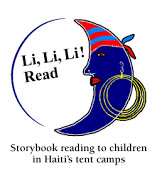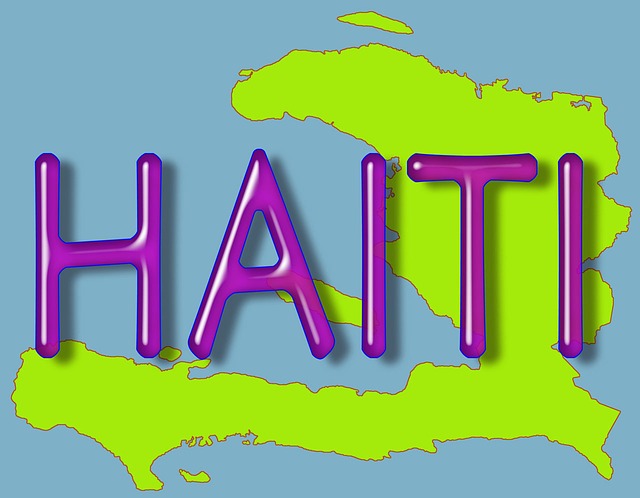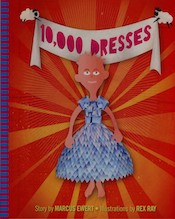by Andrea García, Amanda Lev and Oddette Williams, Hofstra University.
 Planning for teaching children’s literature in my graduate Literacy Studies program at Hofstra University provides me with the perfect opportunity to select books that invite readers to take on a global perspective. For the current fall 2014 semester, I was particularly drawn to selecting children’s literature featuring stories from different times in history; books that would allow us to engage in critical conversations about the everyday lives of strong characters, whose experiences could help shape our understandings of our ourselves and others. I also wanted to share novels written in free verse because Continue reading
Planning for teaching children’s literature in my graduate Literacy Studies program at Hofstra University provides me with the perfect opportunity to select books that invite readers to take on a global perspective. For the current fall 2014 semester, I was particularly drawn to selecting children’s literature featuring stories from different times in history; books that would allow us to engage in critical conversations about the everyday lives of strong characters, whose experiences could help shape our understandings of our ourselves and others. I also wanted to share novels written in free verse because Continue reading


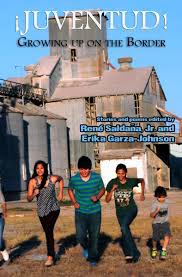

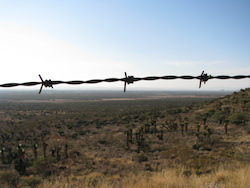
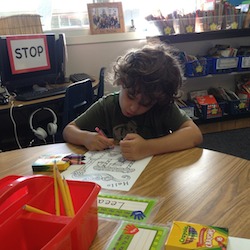
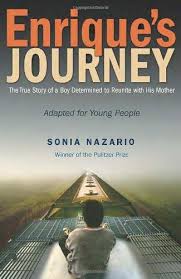 There is an abundance of young adult (YA) literature that lends itself to exploring issues of social justice. Introducing young adults to nonfiction books about societal and global dilemmas can be a very exciting way to engage youth in problem-based learning through literature. One issue that has local, national, and global implications deals with huge influx of unaccompanied and undocumented children from Central America.
There is an abundance of young adult (YA) literature that lends itself to exploring issues of social justice. Introducing young adults to nonfiction books about societal and global dilemmas can be a very exciting way to engage youth in problem-based learning through literature. One issue that has local, national, and global implications deals with huge influx of unaccompanied and undocumented children from Central America. 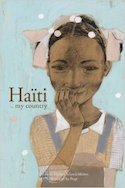 Books about Haiti had a slight resurgence in the area of children’s literature after the 2010 earthquake. However, few books have made it in print in the language Haitian children know best – Creole. It has been easy for publishers to overlook this market for many reasons. Among them is that those in Haiti who can afford to purchase books are fluent in French as well as Creole. But Haiti’s population is estimated at nearly 10 million, nearly all of whom speak Creole with approximately 10% who are actually fluent in French. This raises the question as to why books in Creole are not nearly as plentiful as books in French. In a country where adult literacy has been stagnant at 48.7%
Books about Haiti had a slight resurgence in the area of children’s literature after the 2010 earthquake. However, few books have made it in print in the language Haitian children know best – Creole. It has been easy for publishers to overlook this market for many reasons. Among them is that those in Haiti who can afford to purchase books are fluent in French as well as Creole. But Haiti’s population is estimated at nearly 10 million, nearly all of whom speak Creole with approximately 10% who are actually fluent in French. This raises the question as to why books in Creole are not nearly as plentiful as books in French. In a country where adult literacy has been stagnant at 48.7% 